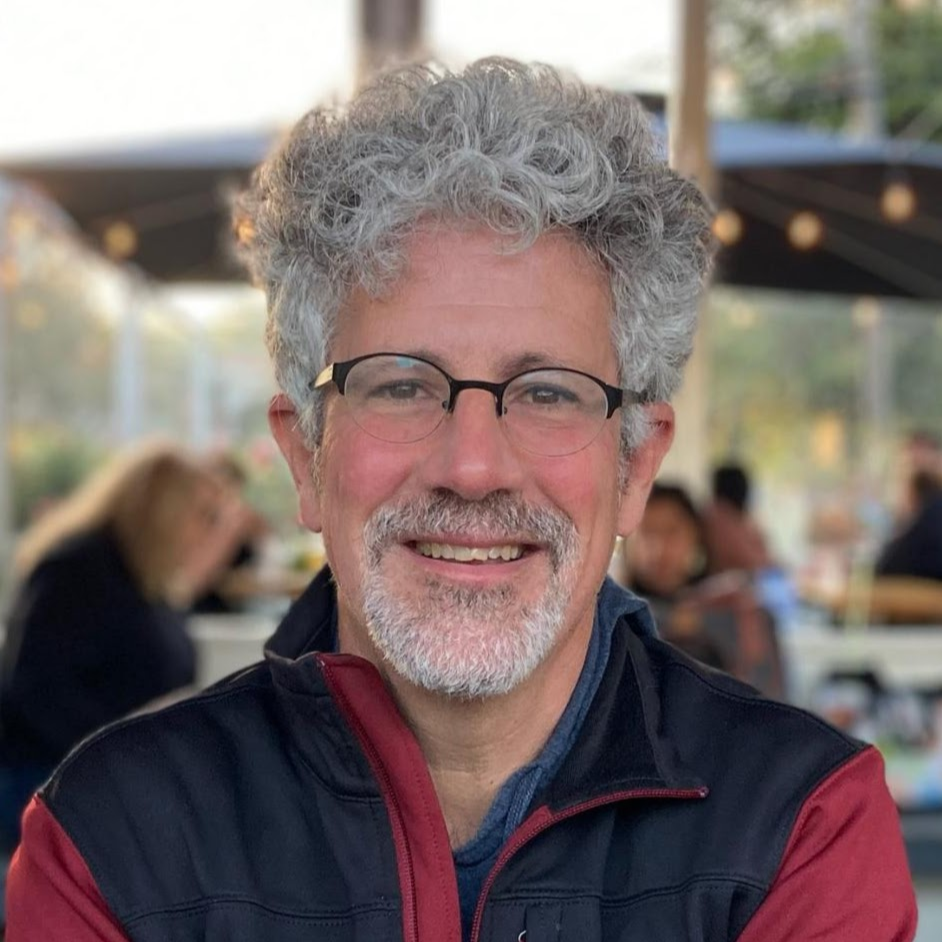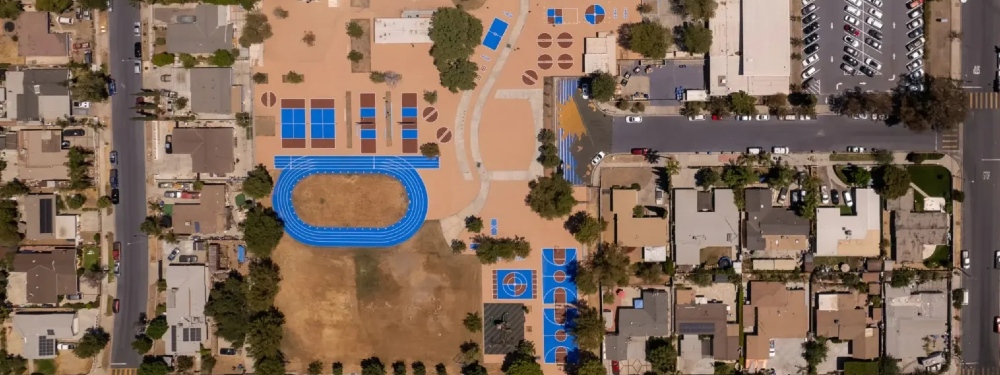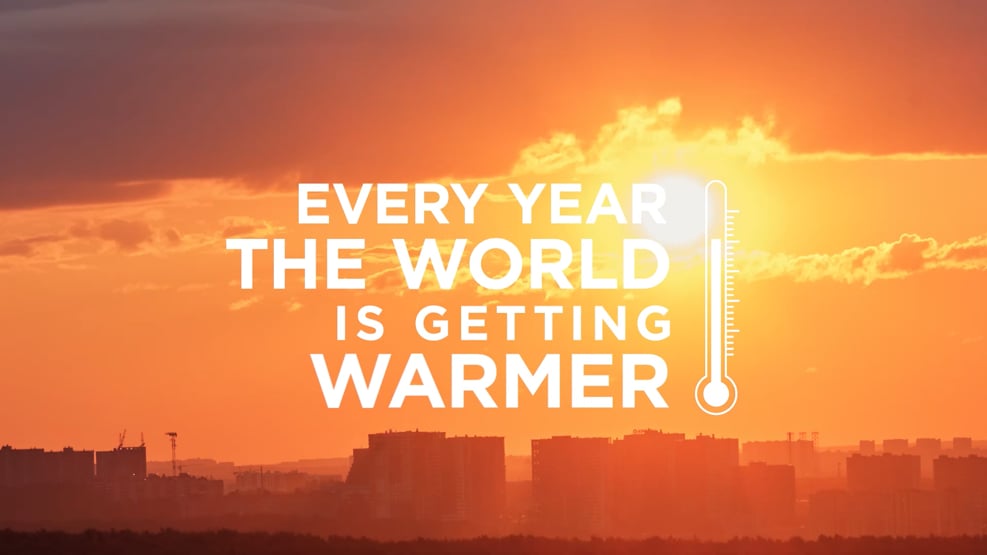COP28: The Coolest COP to Date
This year’s United Nations Climate Change Conference (COP28) is one for the history books for several reasons, but for me and many others, cooling was among the hottest topics on the agenda.
There were several groundbreaking moments for cooling, from the first-ever Montreal Protocol Pavilion and a designated Cooling Day on December 5, to the publication of the Global Cooling Watch report and the launch of the Global Cooling Pledge. Cooling was truly on the map at this year’s conference. And, in my opinion, it’s about time.
A press conference marked the publication of the Cool Coalition’s Global Cooling Watch report, which presents the first global stocktake of countries’ actions and activities on cooling. It also presents a modeled pathway to get to “near-zero” emissions for the sector. According to the report, we could cut cooling-related emissions by 2050 by over 60% compared to business-as-usual while expanding cooling access to 3.5 billion people. Emissions reductions could reach up to 96% when paired with a decarbonized electric grid. Some powerful motivation for action right there.
“The world can deploy nature-based and passive cooling measures, adopt higher efficiency standards, [and] accelerate the phase-down of climate-warming hydrofluorocarbon refrigerants through the Kigali Amendment to the Montreal Protocol,” explained UN Environment Programme Executive Director Inger Andersen during the press conference.
That evening, there was an impressive high-profile event hosted by the UN Environment Programme’s Cool Coalition and UAE COP28 Presidency to celebrate the launch of the Global Cooling Pledge, featuring opening remarks from Andersen as well as U.S. Special Presidential Envoy for Climate John Kerry. Both speakers highlighted the trajectory we are on with regard to rising global temperatures, the booming demand for cooling equipment, and the urgent need to shift to more sustainable — and accessible — cooling solutions.
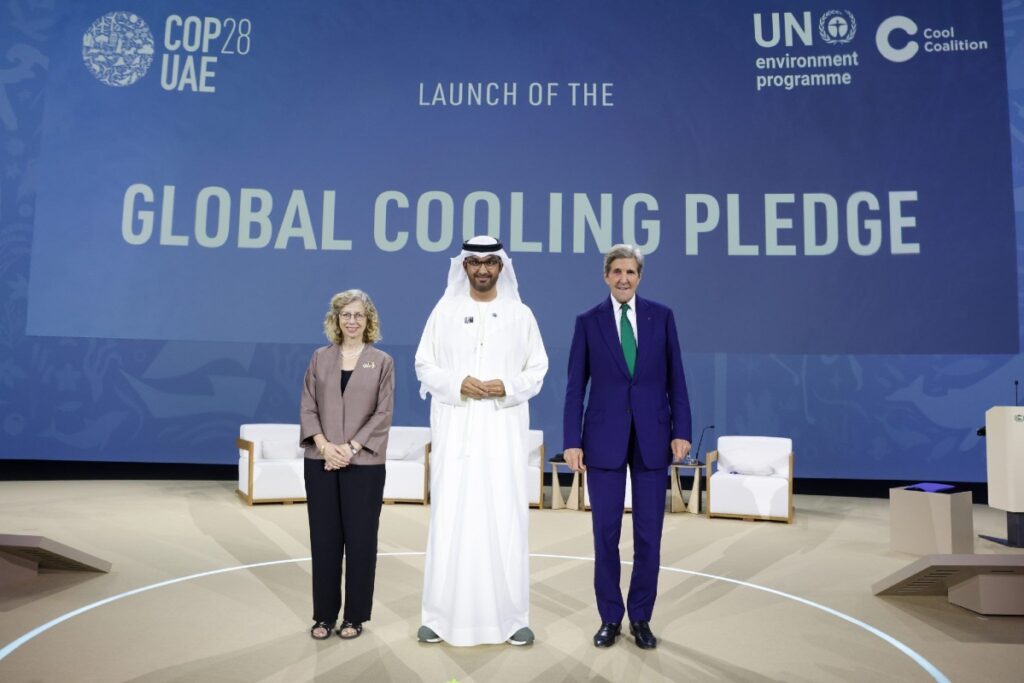
The following panels featured representatives from multiple governments, including Denmark, Ghana, Japan, the Maldives, Sierra Leone, and the U.K., as well as Damilola Ogunbiyi, CEO of Sustainable Energy for All (SEforALL). Panelists spoke about their concern for the growing access gap and detailed what they are doing to ensure clean cooling solutions reach the communities most impacted by extreme heat.
As of today, 66 countries have signed the Global Cooling Pledge, as well as numerous non-state actors, in support or endorsement of the Pledge. Government signatories commit to implementing over a dozen key actions to curb cooling emissions while increasing access for those facing the threat of extreme heat. We are hopeful that many more stakeholders will seize the moment by following suit and signing the Pledge.
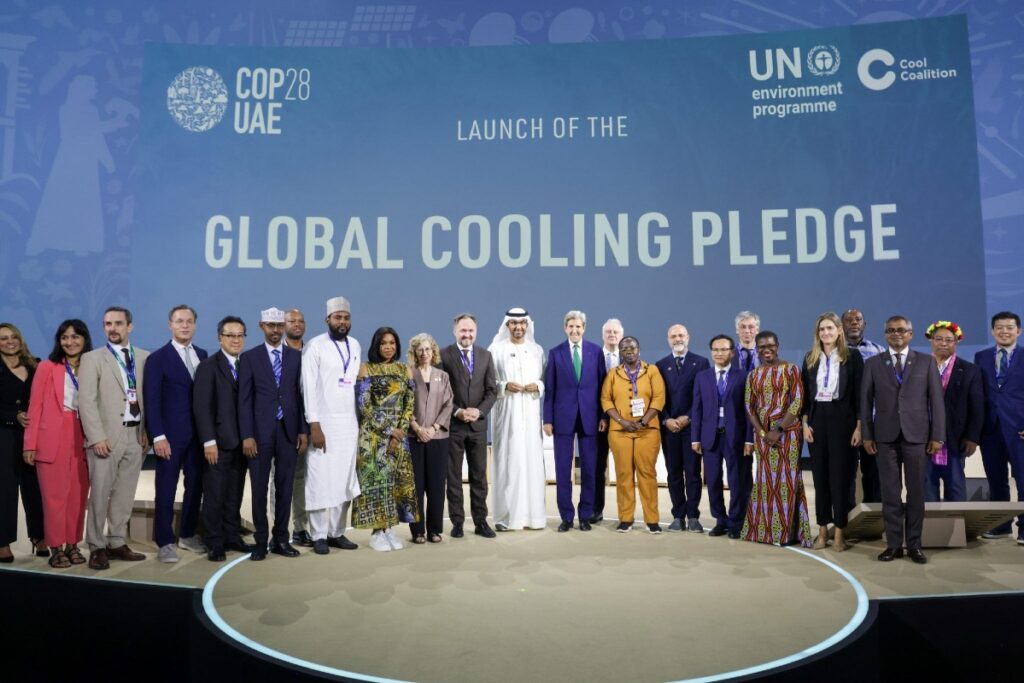
The coolest COP to date
Hundreds of events, both big and small, took place over the two weeks, including more than 80 cooling-related sessions — four times as many as in previous years.
It was a pleasure to participate in the Cool Coalition’s Financing Action on Cooling side event alongside representatives from the World Bank Group, Trane Technologies, the International Finance Corporation (IFC), the Energy Commission of Ghana, and Tabreed Asia.
As the session’s moderator Lily Riahi, Global Coordinator of the Cool Coalition, pointed out, “A lot of reports show that sustainable cooling is not more expensive; we just need to get the financial models, instruments, and business models right.”
Our discussion covered many topics, including cooling-as-a-service (CaaS), minimum energy performance standards (MEPS), on-wage financing initiatives (such as the ECOFRIDGES program), enabling innovation, district cooling, and utility incentives for energy efficiency efforts.
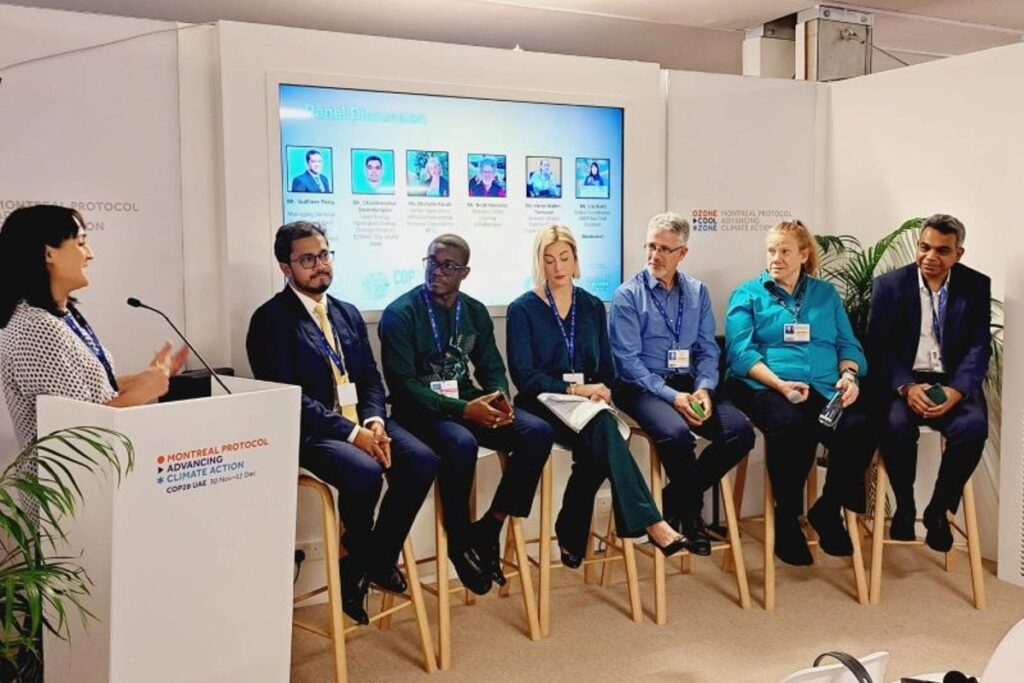
At the Global Collaboration for Innovation and Sustainable Cooling side event — hosted by the Natural Resources Defence Council (NRDC), the Energy and Resources Institute (TERI), and the New Energy and Industrial Technology Development Organization (NEDO) — speakers highlighted the threats posed by extreme heat and the need to make sure sustainable cooling solutions are accessible to all.
The session consisted of two panels, the first of which covered higher-level topics like policy intervention and global partnerships, and the second, which I participated in, focused more on specific solutions and innovations.
During my time on the podium, I discussed the projected 3 billion additional air conditioners likely to be installed globally by 2050 and the challenges they pose to our energy transition and climate targets. To minimize the impact of air conditioning, we need appliances to be super-efficient, like the ACs developed through the Global Cooling Prize that have five times lower climate impact. We also need other sustainable solutions like passive cooling and high-efficiency ceiling fans to keep people and the planet cool.
Cooling is no longer a luxury but a necessity. To put it simply, cooling has become a human right!
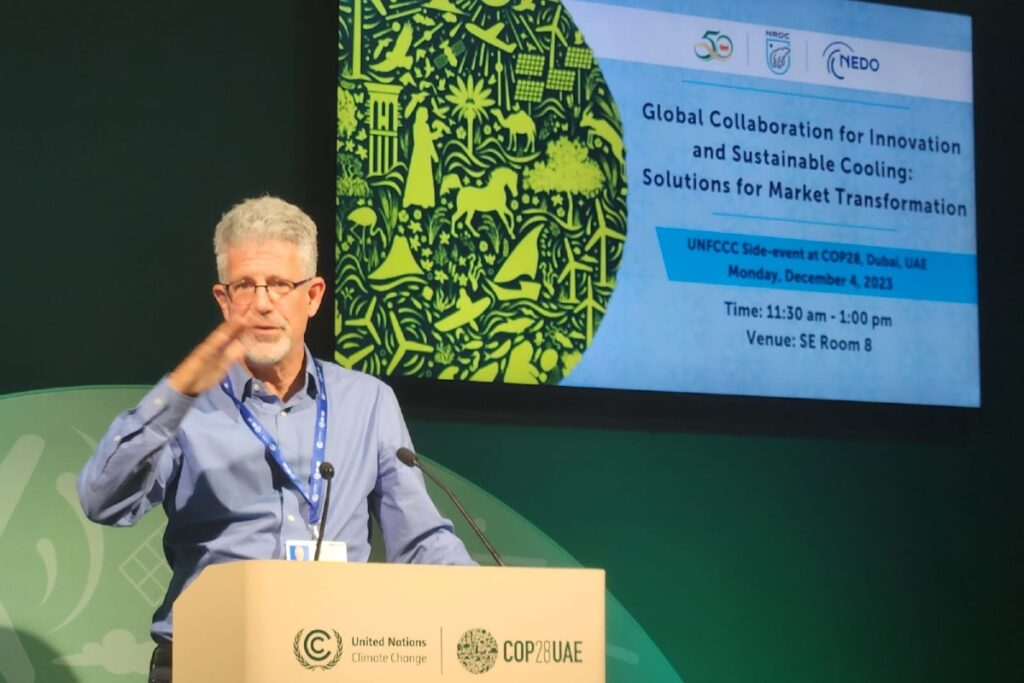
ClimateWorks Foundation’s Deputy Vice President of Programs, Michael Bosse, generously represented CCC at the Sustainable Cooling in a Warming World session hosted by the U.K.’s Mission Innovation. During the event, Michael discussed CCC’s work to bring super-efficient air conditioning to the international market under our Global Cooling Efficiency Accelerator.
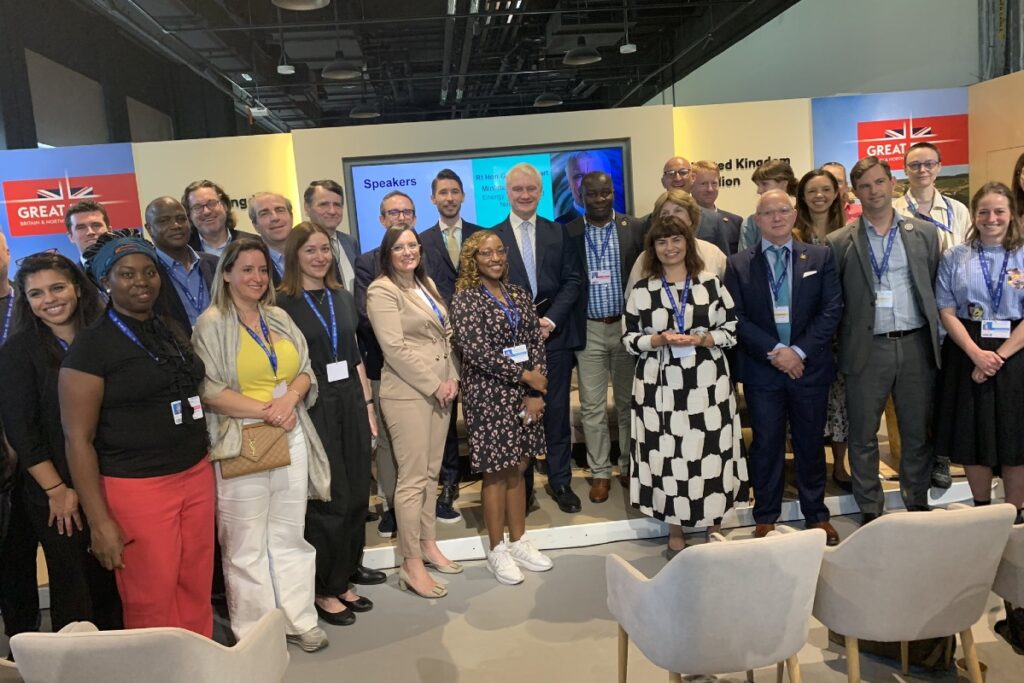
Other key events included CLASP’s Pathways to Prevent the Dumping of Inefficient Appliances side event, United for Efficiency (U4E) and Cool Ups’ Towards a Market Transformation in Cooling session, the official launch of Climate Resilience for All — a new organization focused on protecting the world’s most vulnerable communities from the impacts of extreme heat — and the Cool Coalition’s Passive Cooling and Nature-Based Solutions for Building Comfort panel discussion.
During my time at COP28, I was blown away by the number of interesting events taking place, both about cooling and other related topics; too many to attend, unfortunately. However, it was great to meet new people and so many of CCC’s implementing partners, some of whom I hadn’t seen outside a 2-inch square during Zoom calls.
Beyond cooling
While cooling was top of my list at COP28, I wanted to shine a light on some of the other successes of the conference, which was attended by more than 85,000 participants, a significant increase compared to previous years.
On the very first day of the two-week meeting, an agreement was made on the development of a loss and damage fund, with commitments totaling more than $700 million USD. This was the first time a substantive decision was adopted on the first day of the conference.
Parties agreed on targets for a Global Goal on Adaptation, identifying where the world needs to go to be resilient to the impacts of a changing climate and assessing countries’ efforts.
127 countries signed the Global Renewable Energy and Energy Efficiency Pledge to triple renewable energy capacity and double energy efficiency improvements by 2030. While not directly linked to cooling, this will significantly affect the world’s air conditioners. In support of this work, Mission Efficiency and partners launched a call to action to establish a global target to more than double the rate of energy efficiency improvements annually.
Lastly, within the conference’s final hours, an agreement to “move away” from fossil fuels was reached by negotiators from nearly 200 parties. This is the first time a specific reference has been made to reducing the use of fossil fuels in a UN climate agreement.
Lots to celebrate all around, and this sets us up for more global action over this next year.
The time to act is now
Looking back over the two weeks of COP28, I’m encouraged by what I have seen and heard. As an international community, we are now better equipped than ever to get the cooling sector where it needs to be to ensure efficient, climate-friendly cooling for all. However, as we move forward, it is now vital that we ensure the pledges and commitments made at the conference become more than just words on the page, with timely implementation and ongoing reviews.
The world is no longer warming; it’s boiling. The time to act is now.
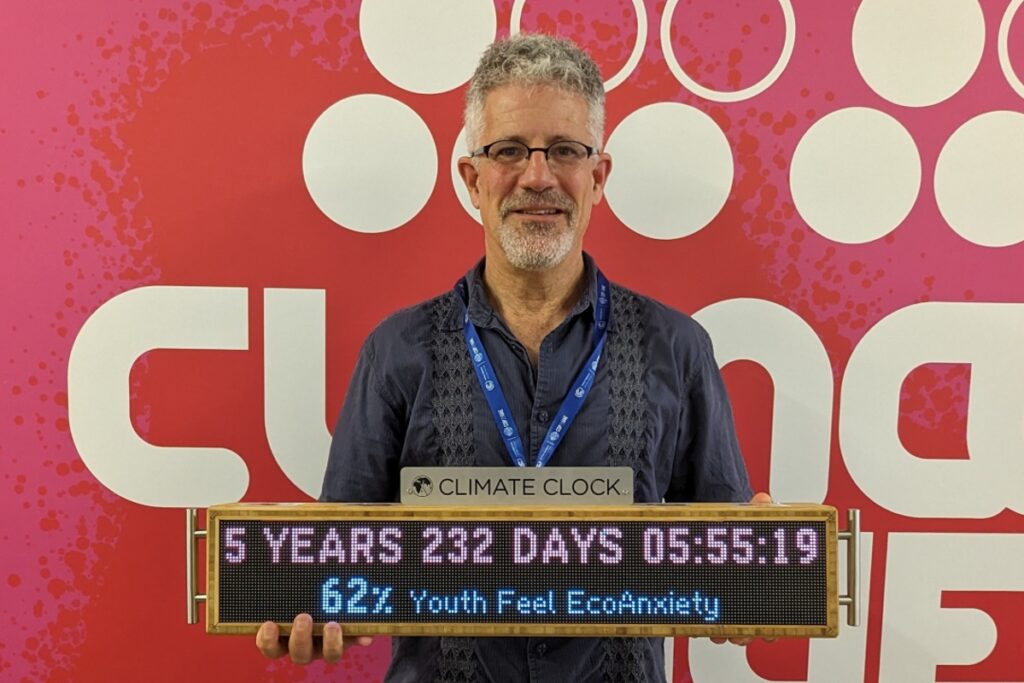
Over the next year, in the run-up to COP29 in Azerbaijan in November 2024, I hope to see more and more countries join the Global Cooling Pledge, and I look forward to seeing how signatories begin to take action to bring sustainable cooling solutions to all.
Rest assured that CCC is committed to keeping cooling at the top of the global climate and development agenda and supporting efforts to improve the accessibility of clean cooling solutions.
